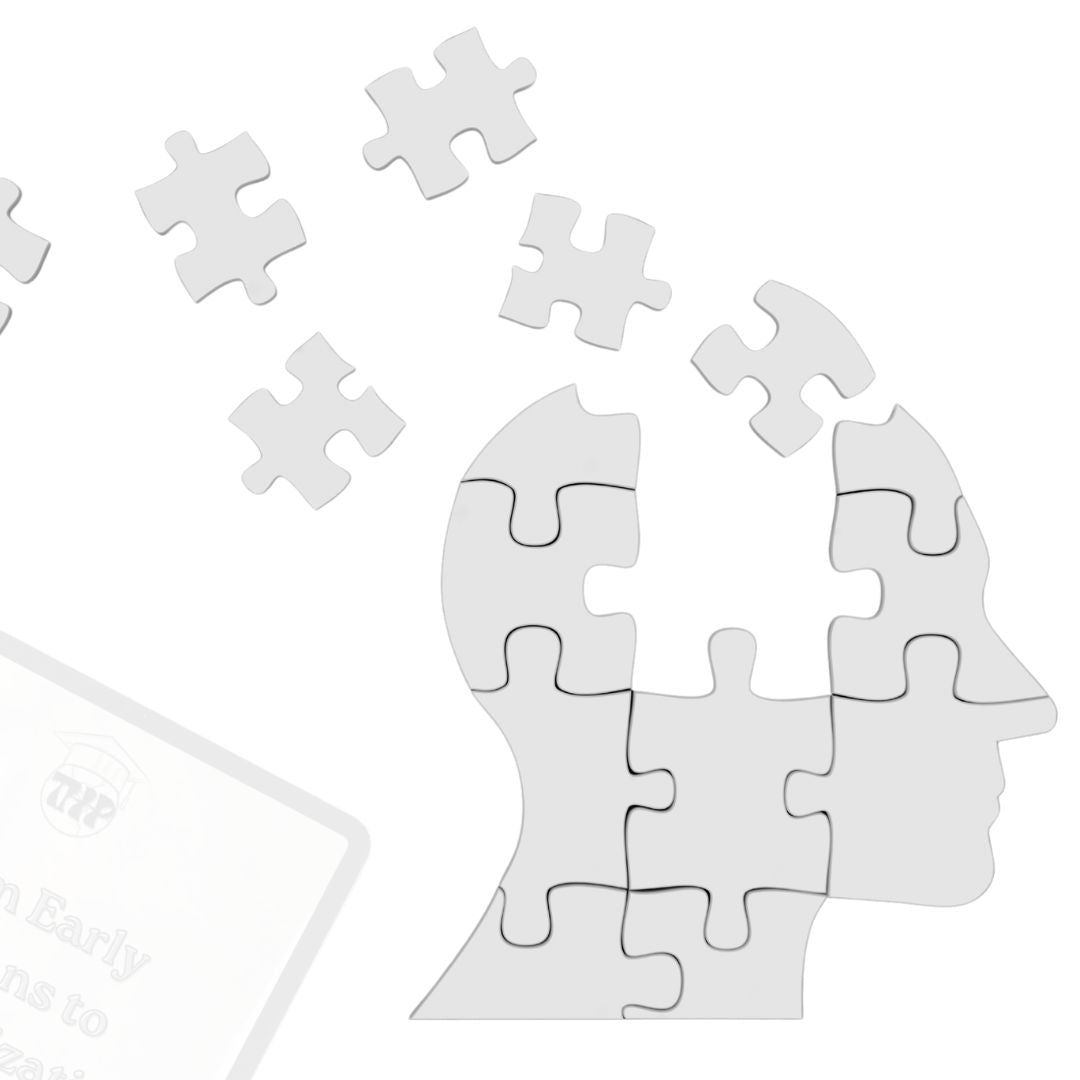
History Education: Not a Memory Game
Share
History is one of the most engaging subjects and is crucial for the development of 21st century skills. In the past, History classes were the place where students were transformed into record-keeping devices, overwhelmed with an often confusing and endless list of names, events, and dates, leading to an imaginary timeline in their minds. While this method may have been useful in a world where information was not easily accessible, it is becoming more counterproductive and redundant as people around the world now have access to an ocean of information in their back pockets.
While many educators around the world have taken a different approach to teaching History and Social Studies, traditional methods can still be seen - and are the primary methods used - in countries in Africa, Asia, and the Middle East in addition to many more. These methods have several undesirable outcomes, among which is a sweeping dislike for the subject itself. Furthermore, the memorization of names, events, and dates does not aid in the development of a child’s skills.
The world we live in is a constantly changing one, with exponential growth and development taking place on a daily basis. As our children grow, the job market will continue to see dramatic changes and the lists of desirable skills in potential employees will revolve around 21st century skills, which have already become necessary in most fields. As students transition from one educational phase to another, teachers often recognize large gaps in students’ application abilities. This becomes increasingly evident as students transition from middle school to high school and from high school to university. It is especially challenging for students who transition from schools that offer more traditional approaches to those that require students to implement the use of higher order thinking skills.
Teachers in this situation often remain perplexed as they attempt to make amendments to their teaching approaches and lesson plans, while parents often blame the child for not working hard enough or the school for not doing its job efficiently. At this point, parents and educators attempt to address the child’s challenges, which is usually done with a focus on core subjects, such as English, Math, and Science - especially in international schools where students learn in English while it is not their native language. Unfortunately, progress is often temporary and only continues with ongoing support; while the true goal is to equip the student with the skills needed to be able to succeed independently and in different situations. Social Studies subjects, and specifically History, is where this starts.
Social Studies subjects are about understanding the world around you, how you fit into it in the present, and how you might find your place in the world in your future - and this begins in the elementary stage. This can only be accomplished by understanding the use of historical events for this purpose. Instead of teaching names and dates, teach actions and consequences; instead of teaching about battles, their dates, and locations, teach about the causes and effects of these events; instead of having students create a poster about a key figure or event, have them analyze the possibility of a future collapse in society based on previous and current patterns. Remember that the information is only the subject matter, but the actual educational experience lies in the analysis, application, and creation that can take place using the information at hand.
